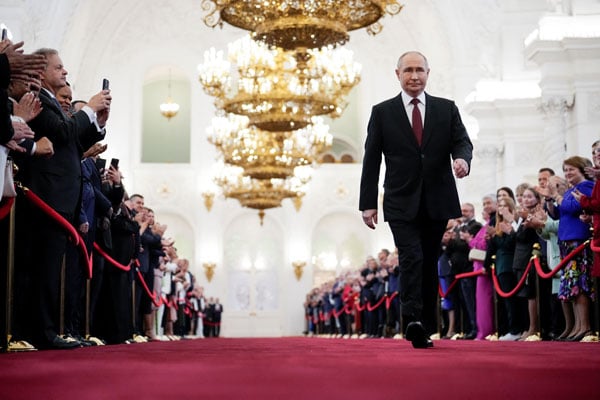High Court orders government to pay mother Shs25m for dead son

Kampala- Court has ordered government to pay a compensation of Shs25m to a woman whose child died in police custody at Nabbingo in Wakiso District.
High Court Judge Musa Ssekaana ordered the government to compensate Ms Joyce Bikyahaga Namata for the arbitrary and unlawful deprivation of the right to life of her son Ronald Bikyahaga.
The judge ruled that the compensation sum will attract interest of 12 per cent from the date of judgment until payment is completed. He also ordered government to pay her legal costs.
Court documents show a condolence message issued by the former Inspector General of Police, Gen Kale Kayihura, on October 17, 2007, stating: “…..The management of the Uganda Police Force was disturbed by the fact that preliminary investigations show the death occurred at the hands of three policemen, who had gone to effect an arrest of the late….…”
According to the judge, the condolence message is uncontroverted evidence that the deceased’s death occurred at the hands of the police hence proving the plaintiff’s claim that her late son died while in police custody.
Justice Ssekaana ruled that an employer is generally liable for the acts of his employees or agents committed in the course of the employer’s business or within the scope of their employment.
“…the errant police officers were effecting the arrest of the deceased when they severely beat him resulting in his untimely death. Effecting arrests is within the scope of employment of police officers hence making the Uganda police force vicariously liable despite the fact that the police officers deliberately and illegally tortured the deceased which is unconstitutional,” the judge added in his ruling.
He also said the errant officers violated the rights of the deceased against torture and the right to life.
The judge cited the African Charter on Human and Peoples’ Rights (Article 4), which imposes responsibility on State parties to prevent arbitrary deprivations of life caused by its own agents as well as protect individuals and groups from such deprivation at the hands of others.




